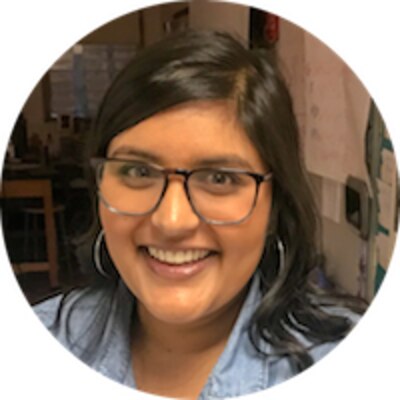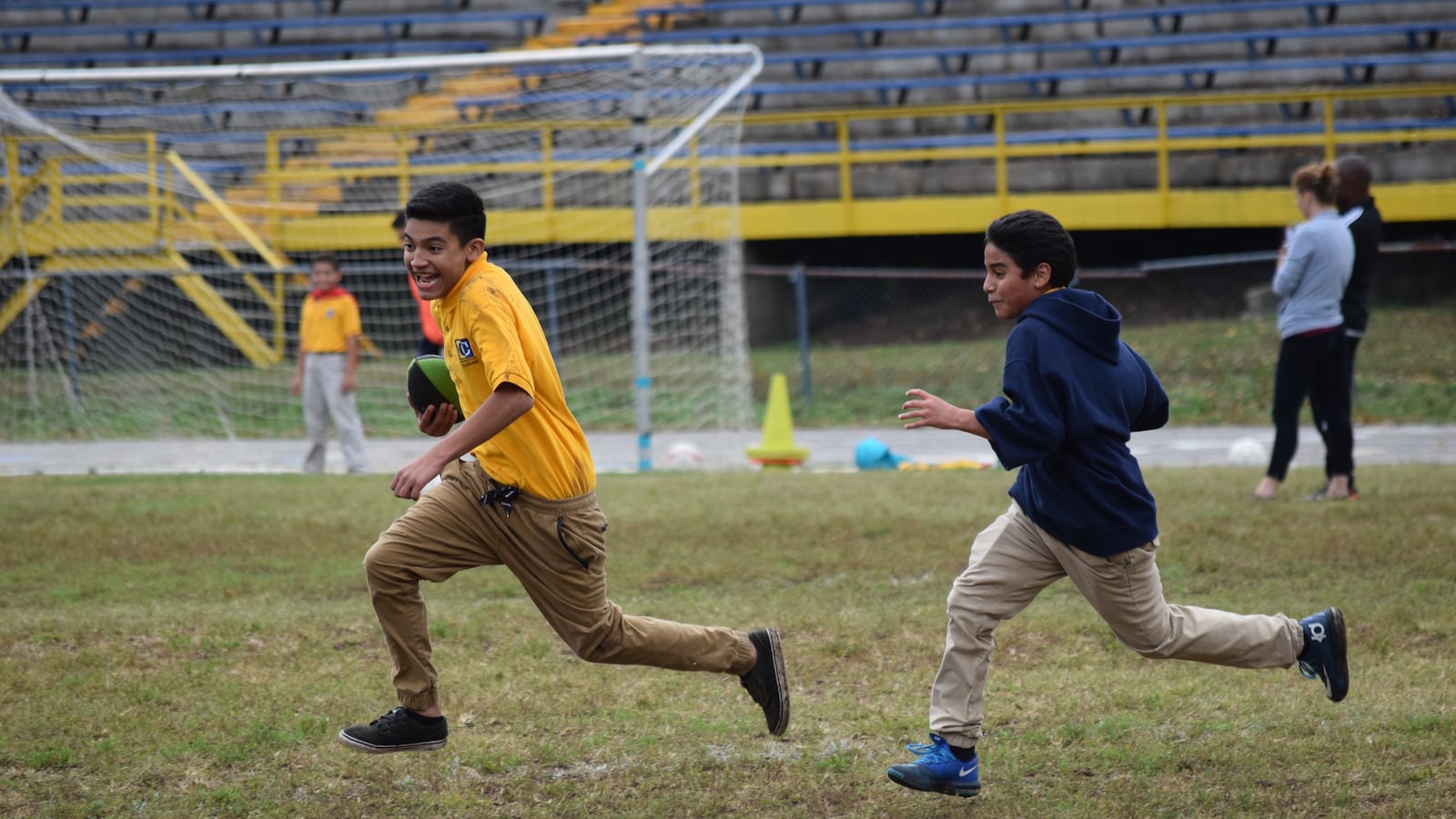We love to ask middle school students what they want to be when they grow up. But what happens when we ask them to explain how they will get there — with a volunteer they’ve never met?

Welcome to student-led conferences, something that has changed the way I think about my students.
Each January, my Nashville students flip the script on traditional parent-teacher conferences. Instead of parents and teachers gathering to discuss a student’s grades or behavior, students reflect on their behavior and gather work samples and fun facts. These portfolios serve as a starting point for students to reflect on their progress in the fall semester.
I had my doubts during my first round of these. I knew there were kids who would take it seriously. But then I thought of some of my students who struggled at school. Would they be honest? Would they even participate? How effective can it be for a middle schooler to lead a conference?
But the honesty of my students during their conferences never ceases to amaze me.
Poor grades due to goofing off in class? They’ll write about it. Lots of detentions? They’ll write about it. How they need to be more committed to completing their homework in all their classes? They’ll own it.
Last year, I conferenced with a student who had a tough first semester. I fully expected needing to lead the conversation — there was no way this student was going to honestly discuss the impact of the choices they made.
Within minutes, however, the student admitted to being frustrated with their grades and behavior. After some analysis about why the first semester was difficult, the student independently came up with some ways to have a more successful second half of the year, like completing homework more regularly and asking for help when work was difficult.
The conference ended with the student setting a goal for the following quarter. The next day at school, I was met with a hug and a commitment to have an excellent day.
As it turns out, after four years of teaching, I was the one who had to adjust to the new structure. If I attended a conference led by one of my own students, I found myself assuming the role of teacher too quickly, reaching for pep talks or potential interventions. I sometimes forgot to listen. So, I always try to conference with students whom I don’t teach.
I find that students leave the conference with a renewed focus on their own goals and another adult whom they know is invested in their education. Sometimes that’s a parent or other family member, and other times it’s a volunteer from the community. (Sometimes it’s even my own mom and dad, who have gotten to meet my students through conferences over the past several years.)
Friends, family, and volunteers aren’t there to judge or lecture, but rather to listen, learn, and sometimes provide strategies for success. Ultimately, students are only accountable to themselves. And that allows some students to drop their guard.
As a teacher, these conferences have reminded me of how reflective and aware many of my students are. During the year, it’s easy to lose sight of this fact, especially as behavior ebbs and flows. Quick one-off conversations with students don’t always allow for deep reflection, but student-led conferences help remind me that my students have built these skills.
Ultimately, these conferences are where I see my students turn into young adults before my eyes. They move forward into second semester knowing they can succeed, not because of what someone else has told them, but because they have taken ownership of their own path.
Alyssa Patel is a math teacher at LEAD Cameron College Prep, a zoned-neighborhood middle school in Nashville.
About our First Person series:
First Person is where Chalkbeat features personal essays by educators, students, parents, and others trying to improve public education. Read our submission guidelines here.

